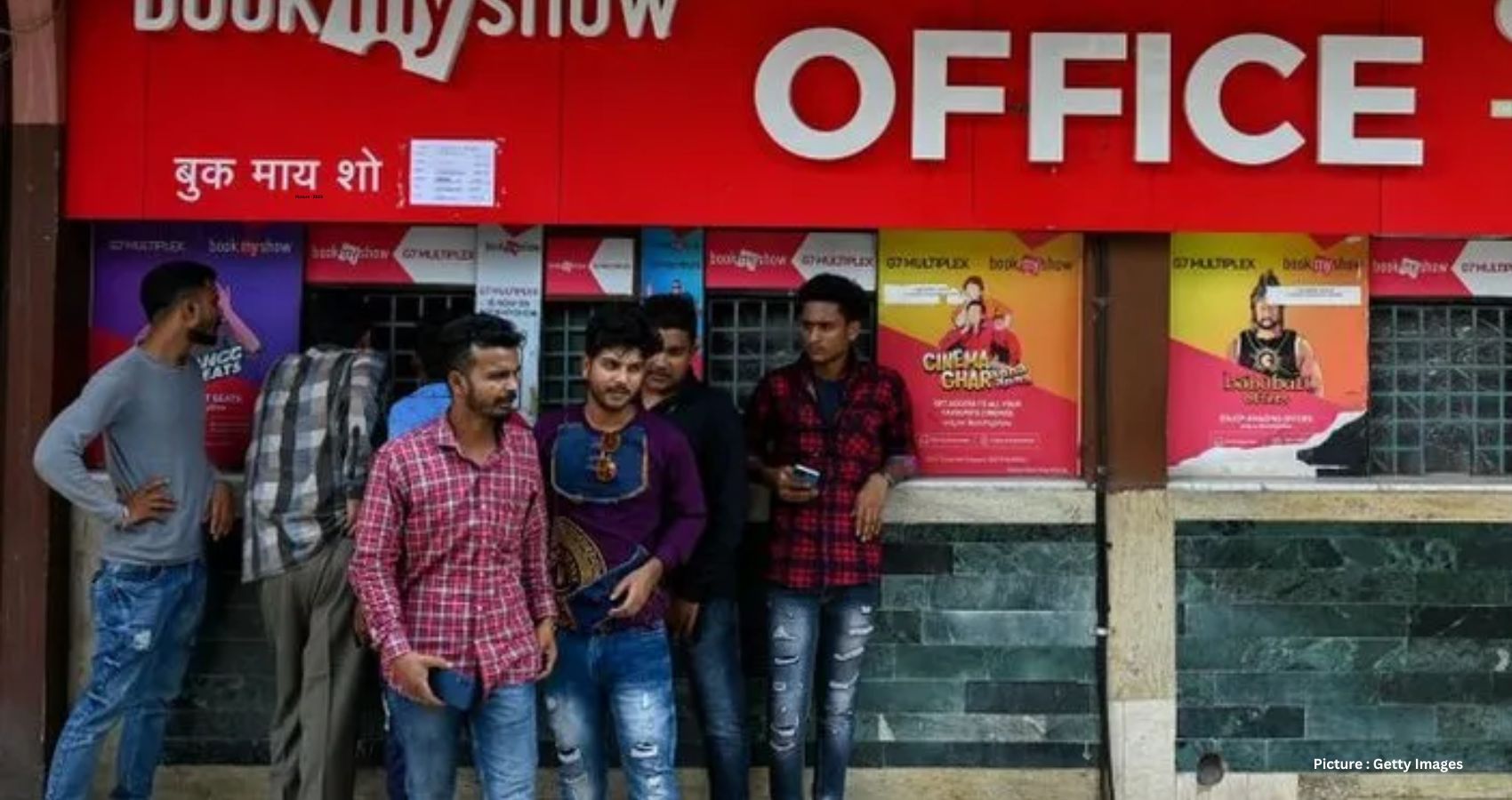Crafting stories for the big screen in India’s Bollywood can be a solitary and often financially unrewarding pursuit. The dream of landing a breakthrough project, where a screenwriter receives due credit and financial compensation, keeps many in the industry driven. However, the harsh reality is that until such a milestone is achieved, money and opportunities remain elusive, primarily due to what writers claim are unfair contracts designed to favor producers.
Anjum Rajabali, a senior member of the Screenwriters Association (SWA), India’s counterpart to the Writers Guild of America (WGA), which boasts over 55,000 members nationwide, sheds light on the challenges writers face. Rajabali points to what he describes as “harsh contracts,” characterized by arbitrary termination clauses and meager fees, especially for newcomers. Furthermore, he asserts that these contracts often fail to remunerate writers for reworking drafts and grant producers the authority to determine whether a writer deserves credit for their contributions. Some agreements even go so far as to prohibit writers from seeking union intervention in the event of a dispute with the producer.
Rajabali, a vocal advocate for writers’ rights, emphasizes the need for change. He explains, “Most contracts have arbitrary termination clauses and offer paltry fees, especially to newcomers.” He highlights the power dynamics within the industry, stating, “They also don’t pay writers for reworking drafts and give producers the right to decide whether a writer should be credited for their work or not.” Rajabali points out the restrictive nature of some contracts, noting, “some contracts even ban writers from approaching the union if there’s a dispute with the producer.”
The SWA, a longstanding proponent of writers’ rights, has recently embarked on a more assertive approach to address the perceived imbalance of power between producers and writers. In December, the association convened a meeting to deliberate on the modifications writers desire in their contracts. Over 100 writers participated, including notable Bollywood figures such as Abbas Tyrewala and Sriram Raghavan.
Rajabali outlines the strategy moving forward, stating, “The plan now is to invite producers to sit across the table and work with us to make contracts more equitable.” He suggests that many producers recognize the need for improved compensation and job security for writers. The SWA’s initiative signals a shift towards collaboration, fostering a dialogue to bring about positive changes in the industry.
The BBC sought input from the Producers Guild of India regarding these concerns but, as of now, has not received a response. The industry awaits the producers’ perspective on the matter, as the conversation around fairer contracts gains momentum.
The challenges faced by Bollywood screenwriters highlight the urgent need for contract reform. The Screenwriters Association’s proactive approach and the willingness of influential writers to engage in the conversation demonstrate a collective effort to reshape the landscape of the industry. As the industry navigates these discussions, the hope is that a collaborative effort between writers and producers will lead to contracts that better reflect the contributions and rights of the creative minds behind the screenplays that captivate audiences worldwide.


